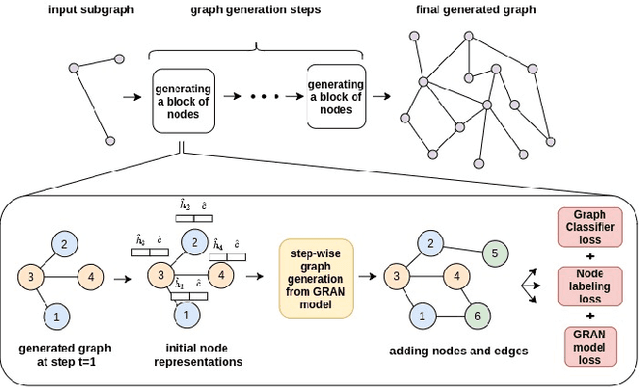Matin Yousefabadi
FairSense-AI: Responsible AI Meets Sustainability
Mar 05, 2025

Abstract:In this paper, we introduce FairSense-AI: a multimodal framework designed to detect and mitigate bias in both text and images. By leveraging Large Language Models (LLMs) and Vision-Language Models (VLMs), FairSense-AI uncovers subtle forms of prejudice or stereotyping that can appear in content, providing users with bias scores, explanatory highlights, and automated recommendations for fairness enhancements. In addition, FairSense-AI integrates an AI risk assessment component that aligns with frameworks like the MIT AI Risk Repository and NIST AI Risk Management Framework, enabling structured identification of ethical and safety concerns. The platform is optimized for energy efficiency via techniques such as model pruning and mixed-precision computation, thereby reducing its environmental footprint. Through a series of case studies and applications, we demonstrate how FairSense-AI promotes responsible AI use by addressing both the social dimension of fairness and the pressing need for sustainability in large-scale AI deployments. https://vectorinstitute.github.io/FairSense-AI, https://pypi.org/project/fair-sense-ai/ (Sustainability , Responsible AI , Large Language Models , Vision Language Models , Ethical AI , Green AI)
CCGG: A Deep Autoregressive Model for Class-Conditional Graph Generation
Oct 07, 2021



Abstract:Graph data structures are fundamental for studying connected entities. With an increase in the number of applications where data is represented as graphs, the problem of graph generation has recently become a hot topic in many signal processing areas. However, despite its significance, conditional graph generation that creates graphs with desired features is relatively less explored in previous studies. This paper addresses the problem of class-conditional graph generation that uses class labels as generation constraints by introducing the Class Conditioned Graph Generator (CCGG). We built CCGG by adding the class information as an additional input to a graph generator model and including a classification loss in its total loss along with a gradient passing trick. Our experiments show that CCGG outperforms existing conditional graph generation methods on various datasets. It also manages to maintain the quality of the generated graphs in terms of distribution-based evaluation metrics.
 Add to Chrome
Add to Chrome Add to Firefox
Add to Firefox Add to Edge
Add to Edge